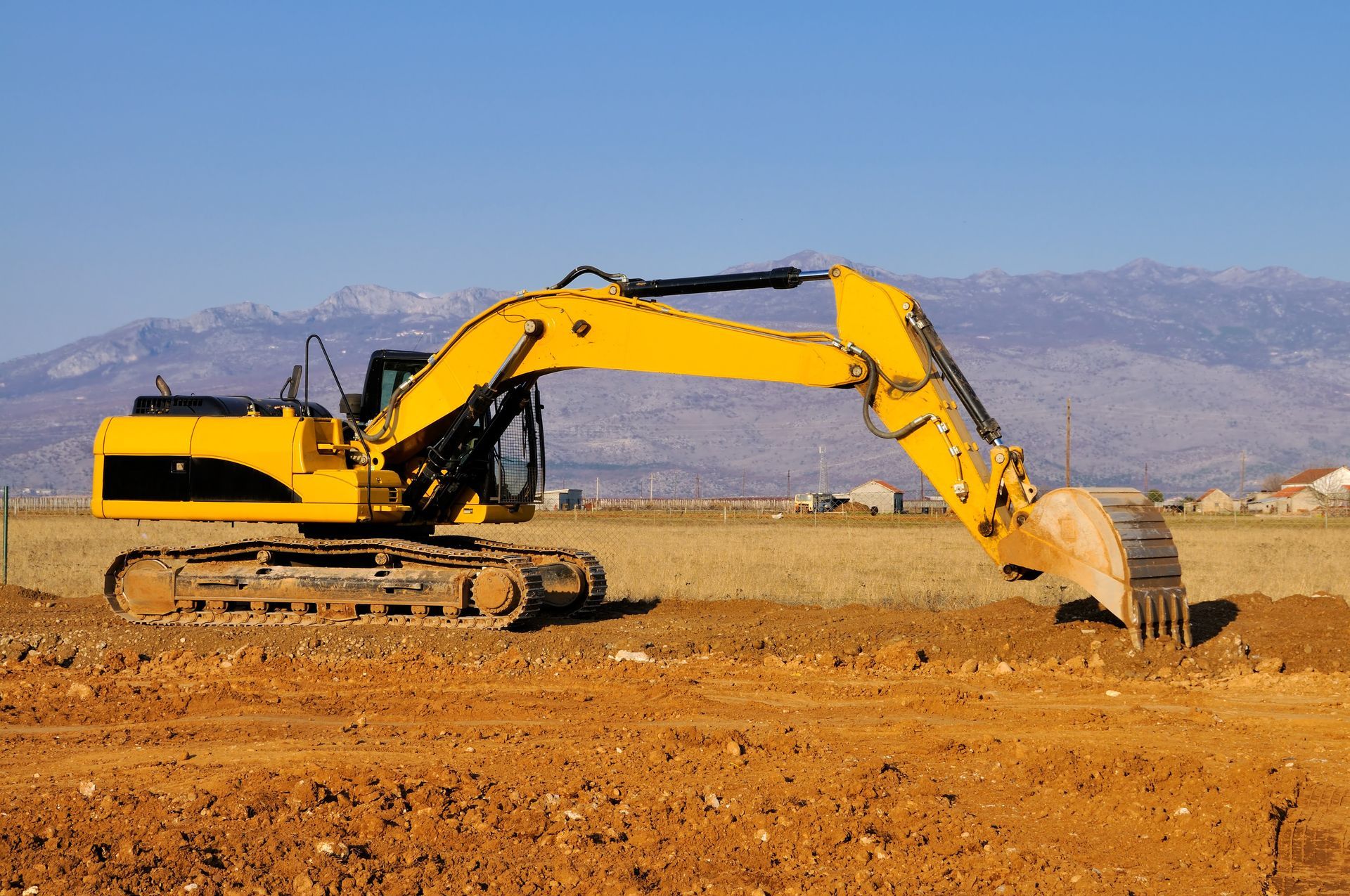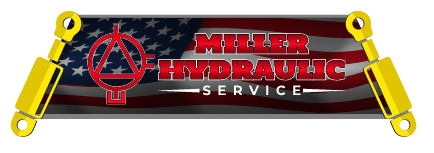Six Common Problems in an Excavator's Hydraulic System

When it comes to operating heavy equipment like an excavator, having a well-maintained hydraulic system is crucial. Any issues with the hydraulic system can lead to costly downtime and delays on the job site. Today's blog will discuss six common problems in an excavator's hydraulic system.
Contamination
Contamination in a hydraulic system can occur in several ways, often when external contaminants like dust, dirt, and water breach the system's defenses. This typically happens because of worn-out seals, ineffective filtration, or hydraulic fluid that has not been properly cleaned. Additionally, internal contaminants such as metal shavings or rubber particles can be generated within the hydraulic system itself due to the wear and tear of components. These contaminants, if not addressed, circulate within the system, causing damage to the hydraulic pumps, valves, and other sensitive parts, leading to inefficiency and eventual breakdown. To avoid contamination, it is important to regularly check and replace filters, use clean hydraulic fluid, and keep the system clean.
Fluid Leaks
Fluid leaks in an excavator's hydraulic system primarily occur through worn or damaged seals and fittings or through cracks and punctures in hydraulic hoses. Over time, the constant pressure fluctuations within the hydraulic system can cause seals to degrade, lose their flexibility, and eventually fail to maintain a tight seal. Similarly, fittings can loosen due to the vibration and movement of the excavator, leading to gaps where hydraulic fluid can escape. Hoses, subject to both external environmental conditions and internal pressure stresses, can develop weak spots, resulting in leaks when they fail. Regular inspection and maintenance are crucial to identifying early signs of wear and tear and preventing minor leaks from becoming major failures. It is important to regularly inspect the system for any signs of leaks and address them promptly to prevent further damage and potential safety hazards.
Overheating
Overheating in an excavator's hydraulic system occurs when the hydraulic fluid's temperature exceeds the system's designed operating range. This can happen due to prolonged use under heavy loads, insufficient cooling, or reduced fluid levels leading to inadequate lubrication and increased friction. When the fluid overheats, it can lose its viscosity, diminishing its ability to protect and lubricate the hydraulic components effectively. This decrease in fluid performance can lead to accelerated wear and tear of parts, further exacerbating the overheating issue. To prevent overheating, make sure to check fluid levels regularly, clean the cooling system, and address any issues promptly.
Air in the System
Air can enter the hydraulic system through leaks or improper bleeding, causing spongy or jerky operation. To avoid this problem, it is important to properly bleed the system after any maintenance or repairs and check for any leaks that may be allowing air to enter.
Cavitation
Cavitation arises when vapor bubbles develop in the hydraulic fluid because of areas of low pressure within the system. This can lead to damage to the components and reduced system efficiency. You or your team should ensure that the system is properly filled with fluid and that there are no restrictions or blockages in the system to prevent this kind of damage from happening.
Component Wear
Over time, the components in an excavator's hydraulic system can wear out, leading to decreased performance and potential failures. To prevent this, it is important to regularly inspect and maintain the system, replace worn parts as needed, and follow the manufacturer's recommended maintenance schedule.
Maintaining the hydraulic system in an excavator is essential for maximizing efficiency and preventing costly downtime. By being aware of these common problems and taking preventive measures, construction teams can ensure that their equipment operates smoothly and safely. If your excavator's hydraulic system needs repairs, reach out to Miller Hydraulic Service for help.





